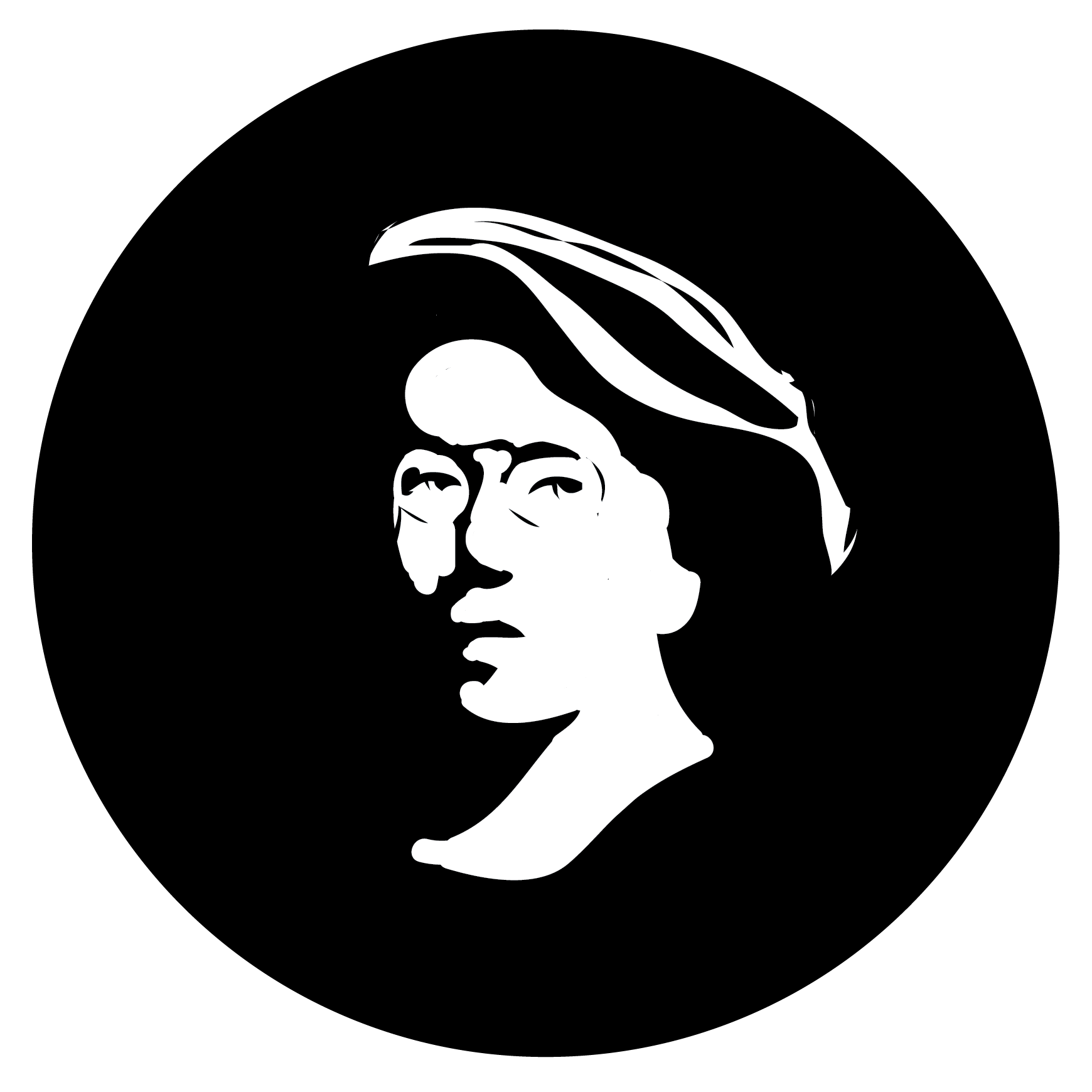Summer reading: Ambitious length edition
A selection of books of abnormal length for beach readers who want a sense of accomplishment.
The Structures of Everyday Life: The Limits of the Possible (Civilization and Capitalism : 15th-18th Century)
Fernand Braudel
Volume 1 of Braudel's groundbreaking trilogy, detailing the transformations in daily life accompanying the long birth of the capitalist world system.
The Wheels of Commerce (Civilization and Capitalism: 15Th-18th Century -Volume 2)
Fernand Braudel
Volume 2 of Braudel's mega-trilogy, tracing the first threads knitting together the modern global financial system.
The Perspective of the World: Civilization and Capitalism 15Th-18th Century, Vol. 3
Fernand Braudel and Sian Reynolds
Having laid the foundations in Volumes 1 & 2, Braudel concludes his trilogy with an account of the way political and economic power function in the longue durée.
The Modern World-System I: Capitalist Agriculture and the Origins of the European World-Economy in the Sixteenth Century, With a New Prologue
Immanuel Wallerstein
Once you finish Braudel, it's time for Wallerstein's own trilogy + one, starting with the first volume's explication of the changing function of agricultural in the very early days of the capitalist world-system.
The Modern World-System II: Mercantilism and the Consolidation of the European World-Economy, 1600-1750, With a New Prologue
Immanuel Wallerstein
Volume two of Wallerstein's trilogy picks up where the first left off, tracing the way international trade and state actors developed and consolidated power on a world scale.
The Modern World-System III: The Second Era of Great Expansion of the Capitalist World-Economy, 1730s-1840s, With a New Prologue
Immanuel Wallerstein
Only in the third volume does Wallerstein get to the industrial revolution, where most histories of capitalism, focused on production rather than systemic configurations of state and financial power, begin.
The Modern World-System IV: Centrist Liberalism Triumphant, 1789-1914
Immanuel Wallerstein
A surprise fourth volume, published far more recently, switches gears and explores the genesis of liberal ideology as the defining mode of thought of globalized power.
Making of the English Working Class (Vintage)
E. P. Thompson
E.P. Thompson's mammoth historical re-evaluation of labor under early capitalism, and how the working class was "present at its own making."
The Power Broker: Robert Moses and the fall of New York
Robert A. Caro
Robert Caro's classic muckraking biography of Robert Moses, tracing the brutally racist and monumentally power-hungry city planner's rise and fall.
The Structure of Evolutionary Theory
Stephen Jay Gould
A comprehensive, nuanced account of the development and current state of evolutionary theory, far beyond "the survival of the fittest," from one of the most important left voices in biological history.
The City in History: Its Origins, Its Transformations, and Its Prospects
Lewis Mumford
Lewis Mumford's treatise on the city—a wild, opinionated, and fascinating ride through a few thousand years of urban development.
Moby-Dick or, The Whale (Penguin Classics)
Herman Melville, Tom Quirk, and Andrew Delbanco
If you're not sure why this is one of the most important books in the American tradition, check out C.L.R. James' Mariners, Renegades, and Castaways first!
Black Reconstruction in America 1860-1880
W. E. B. Du Bois and David Levering Lewis
DuBois' magnum opus recasts the story of the Civil War and its aftermath as black revolution and white reaction. If you don't understand reconstruction the way Du Bois (and later Eric Foner) did, you really don't have a chance of understanding America today.
